Driving down emissions
Climate change is a global emergency and we’re taking action to drive down our greenhouse gas (GHG) emissions.
Our ambition
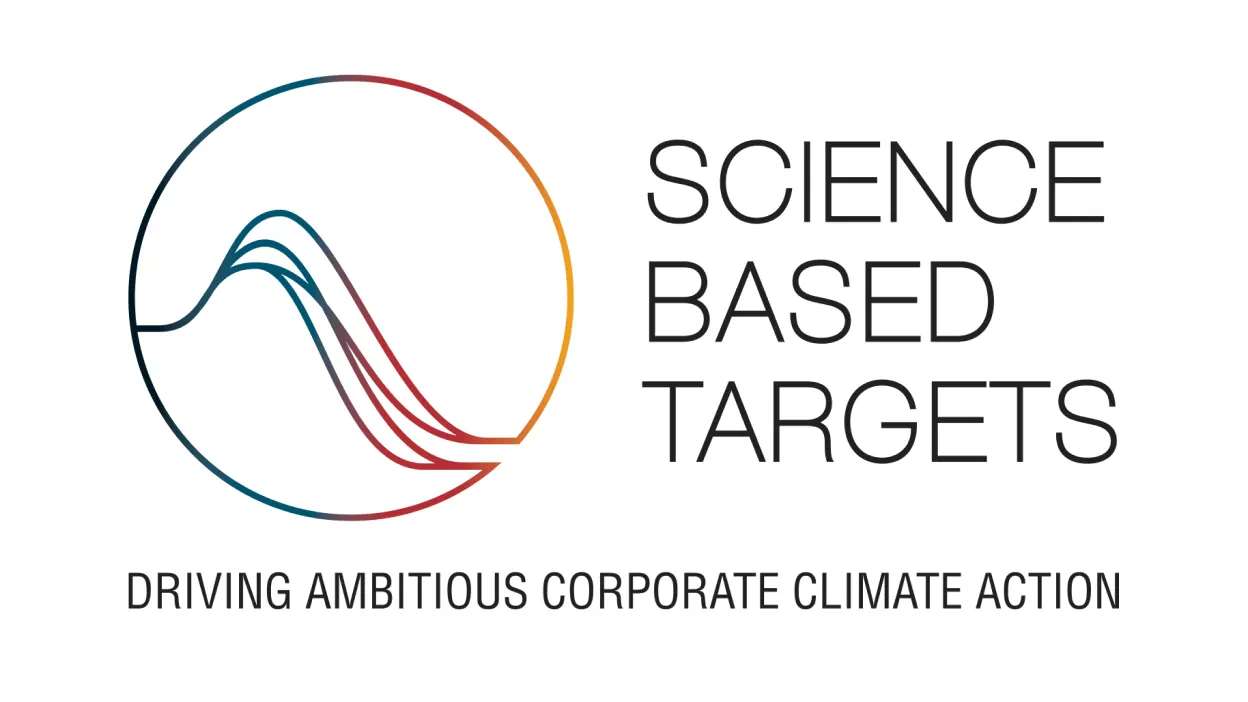
In 2021, our business and our suppliers generated around 707,000 tonnes of GHG emissions. The Science Based Targets initiative (SBTi) has validated the targets we’ve set to significantly reduce these emissions by 2030 as well as our commitment to reach net-zero emissions across our value chain by 2050.
SBTi is an influential global organisation that includes the UN Global Compact and the World Wide Fund for Nature. This validation shows our commitment to responding to climate change by taking meaningful, measurable action to reduce emissions across our entire value chain.
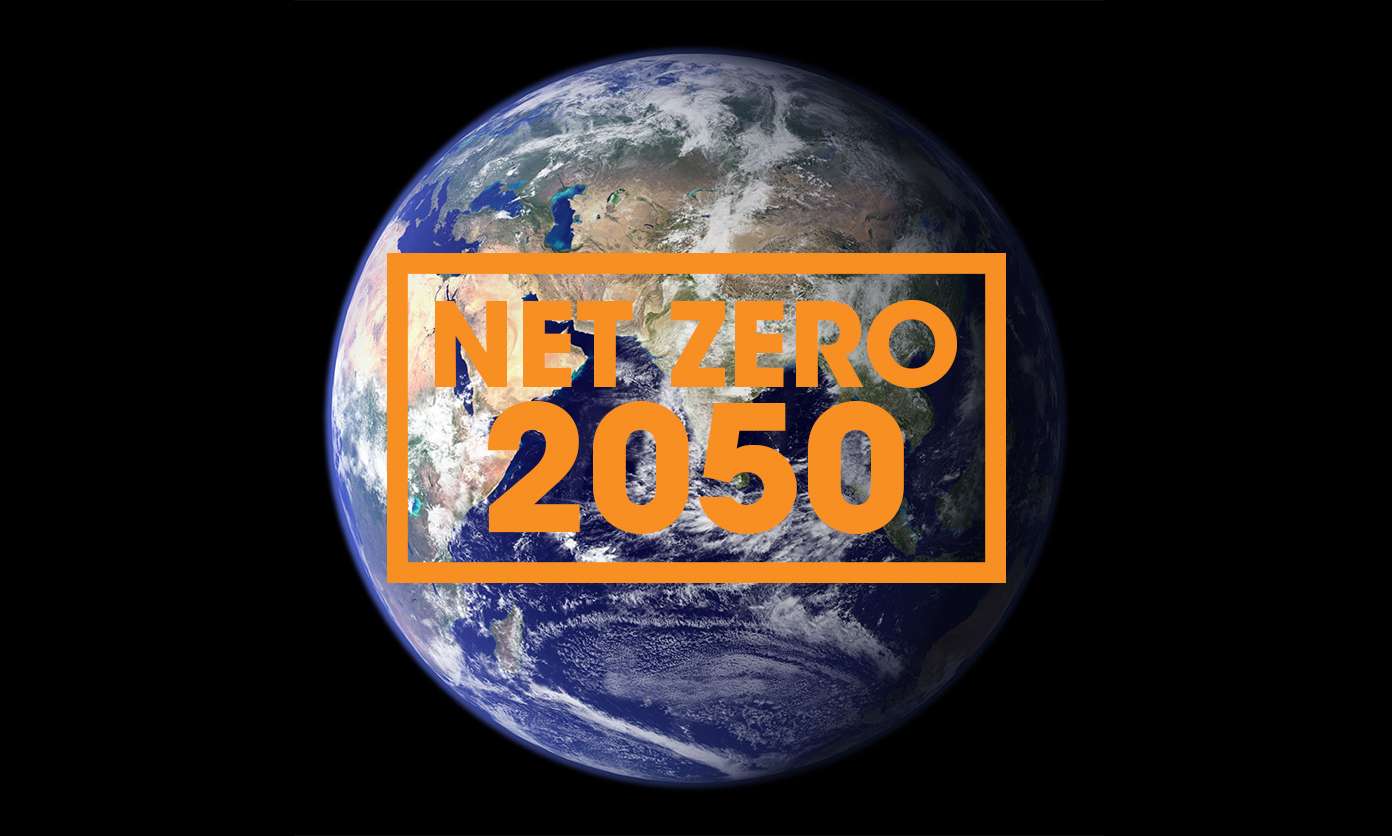
The following targets submitted by Belron have been validated by the SBTi
By 2030
- Reduce scope 1 & 2 (direct & indirect) emissions by 42%*; and
- Reduce scope 3 (supply chain) emissions by 25%*
By 2050
- Belron commits to reach net-zero GHG emissions across the value chain by 2050
- Reduce scope 1, 2 and 3 emissions by 90%*
*from a 2021 base year
Our actions
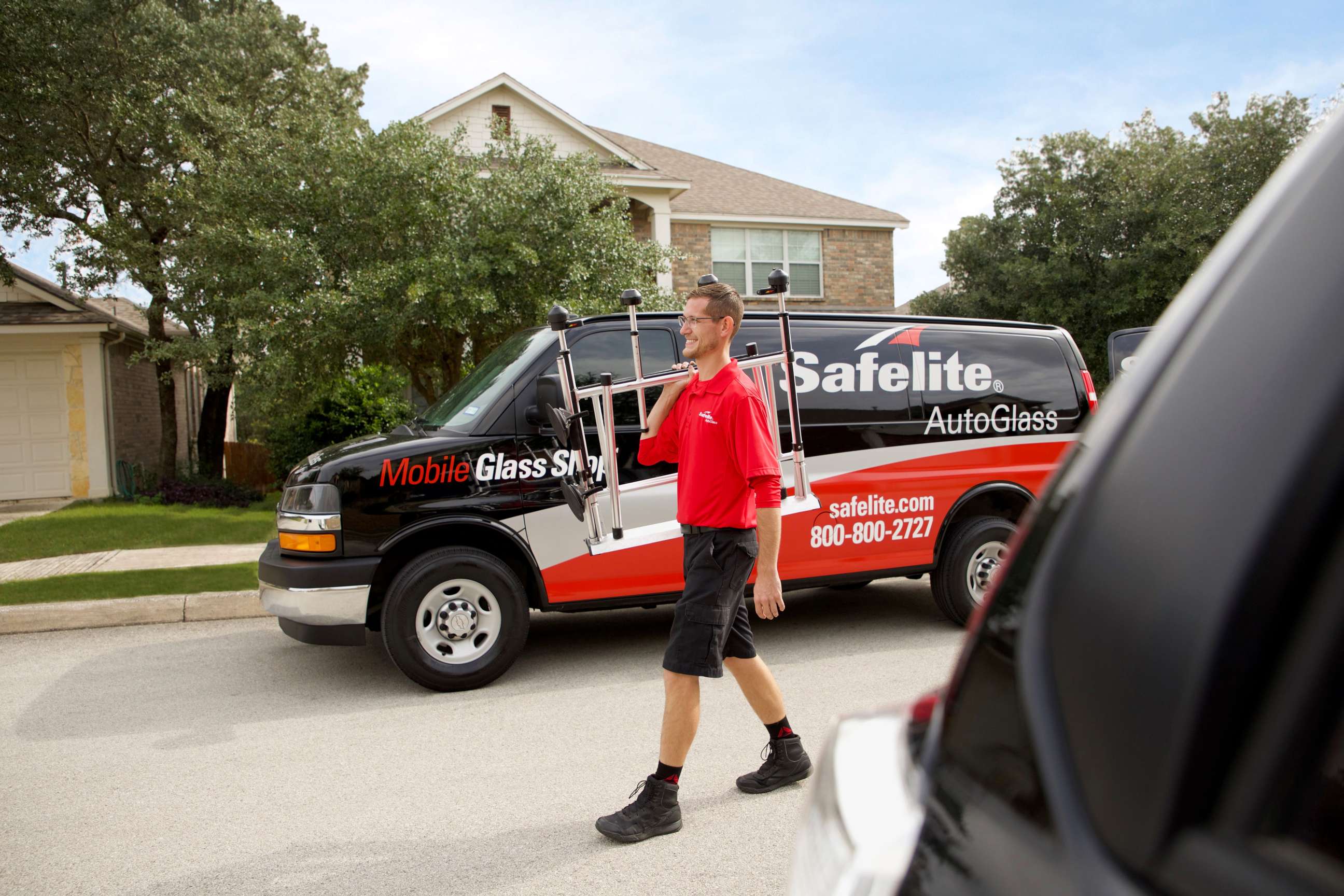
Repair first
Our repair first strategy is at the heart of how we work around the world. Wherever possible we will repair a windscreen rather than replace it. A repair results in at least 70% less emissions than a replacement, with 14.6kg of GHG generated by a repair and 60.8kg by a replacement*.
* 2019 product carbon footprint analysis in Germany and France assured by Bureau Veritas
Reducing our emissions
We’re taking action to reduce our emissions across our business and our value chain.
On scope 3, we’re working closely with our glass suppliers to reduce the emissions intensity of the products we buy, as well as minimize emissions from road haulage and keep as much waste from landfill as possible.
We’re reducing our scope 1 and scope 2 emissions (our direct and indirect emissions) in a number of ways:
How we are reducing our scope 1 & scope 2 emissions
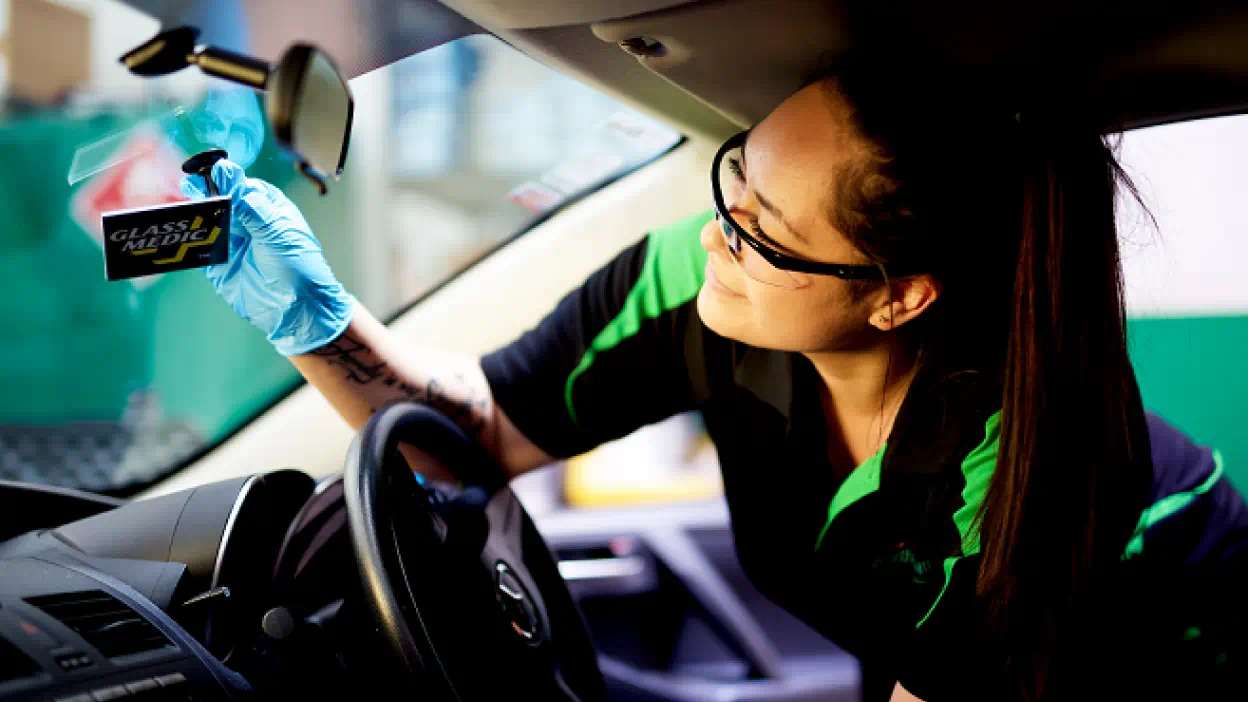
We’re increasing the amount of renewable electricity we use. Around one third of the electricity we consume today comes from renewable sources, an increase from 24% in 2022. Our target is to get to 100%
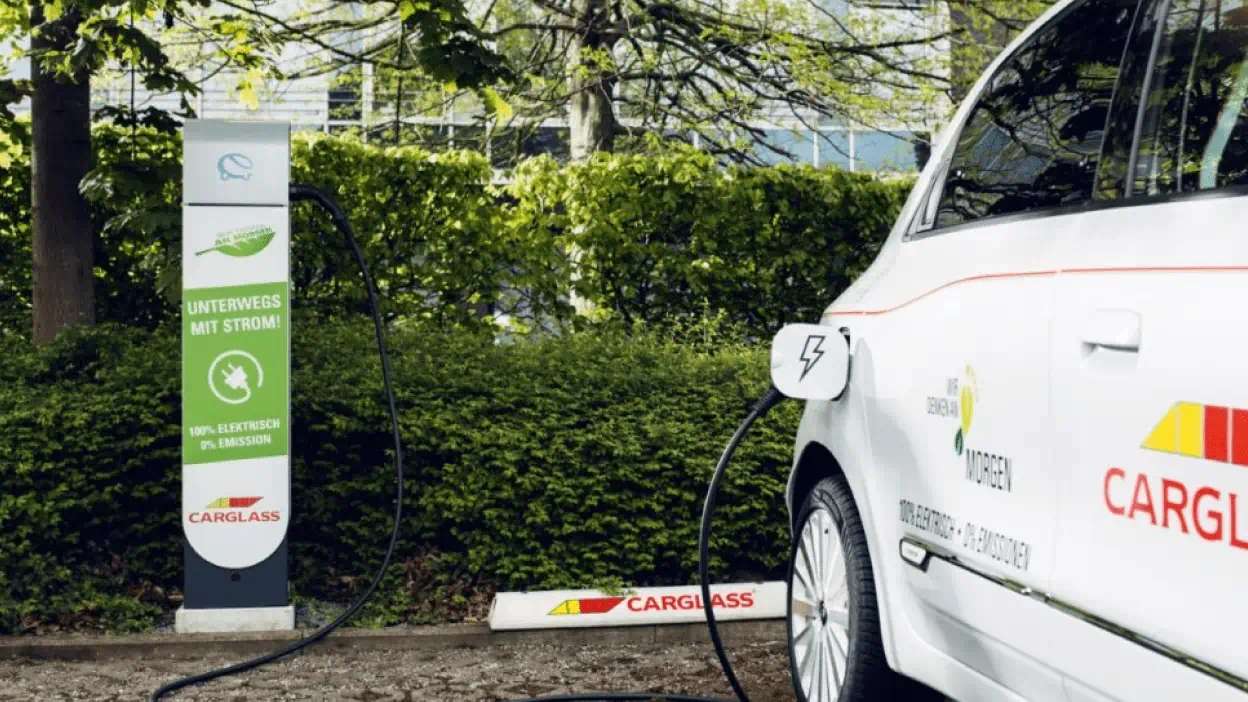
Our global fleet of over 11,000 vehicles is our largest single source of GHG emissions. By 2030, our aim is to reduce these emissions by at least two thirds and for at least 50% of our fleet to be fully electrified.
Today, we have over 550 electric cars in many countries including Germany, Norway, Sweden, Denmark, Netherlands and the UK.
We’re using more electric vans too – in USA and Norway for example. In France, we’re electrifying our entire fleet, changing 380 vehicles from petrol to fully electric, with over 400 charging stations in our branches. This will deliver a 95% reduction in GHG emissions or around 1,600 tonnes.
We’re also using telematics, or vehicle tracking systems. For example in the UK, telematics have helped us achieve a 20% reduction in CO2e, with as many as 600,000 fewer miles driven.
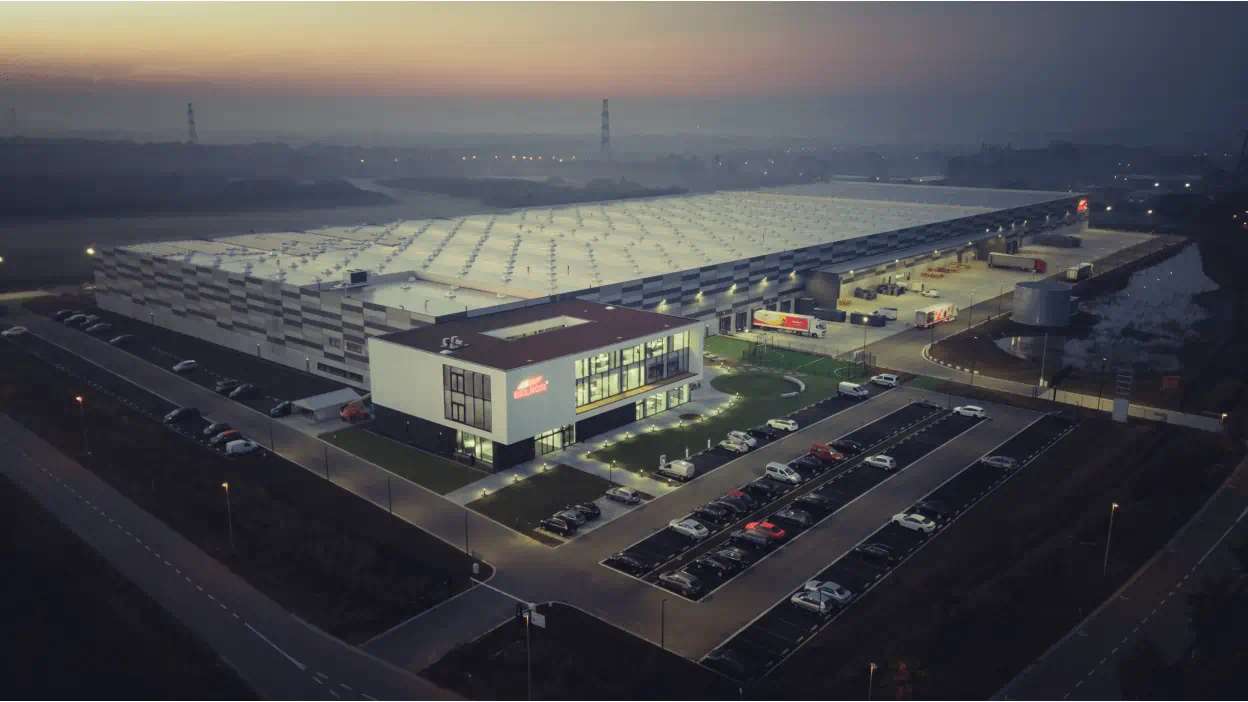
Across our wide network of branches, service centres, offices and distribution centres, we’re using energy efficiency measures to reduce our emissions.
In Germany we’re trialling a ‘lights off’ programme, switching off our outside electric signage in over 350 branches, saving us money and avoiding around 100 tonnes of carbon emissions.
At our European Distribution Centre in Belgium, we’ve installed solar panels, light catchers, LED adaptive lighting and a green roof. We want our Centre, one of the biggest glass warehouses in the world, to be carbon neutral by 2025.
In UK, we have opened three off-grid service centres which receive all their electricity from on-roof solar panels. We plan to open more.
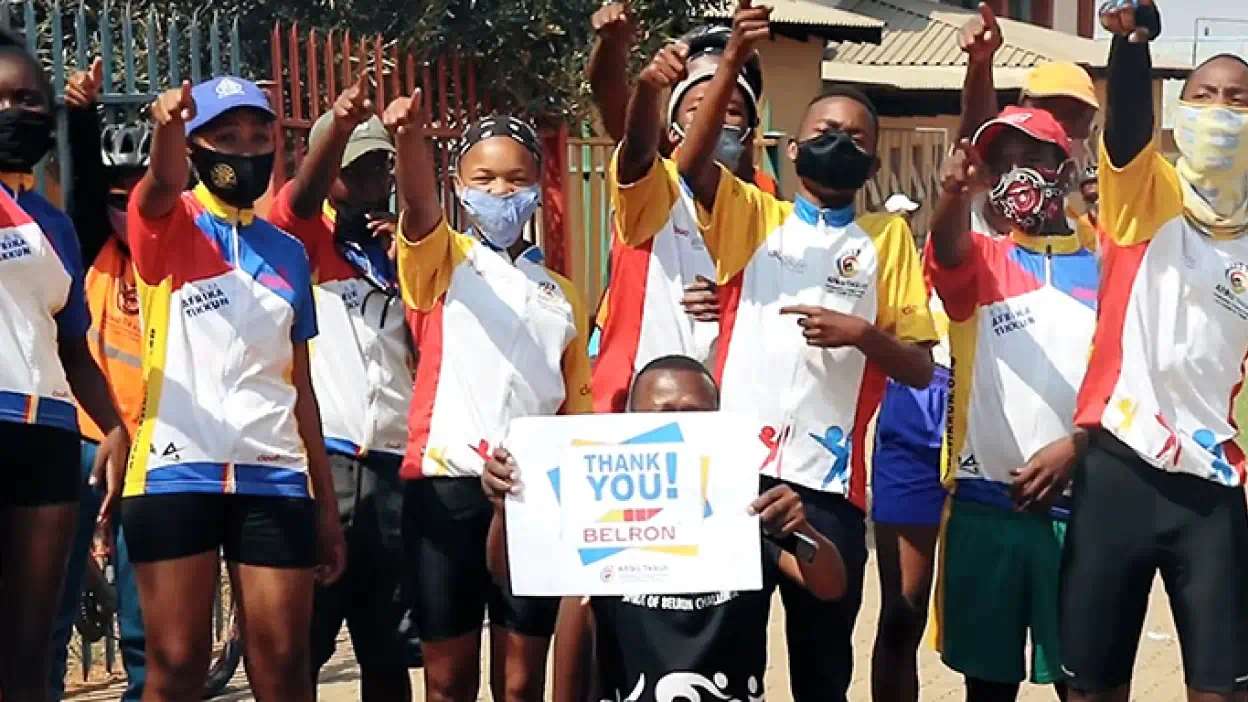
Belron’s roots are firmly established in South Africa and the business has a long standing and deep relationship with Afrika Tikkun.
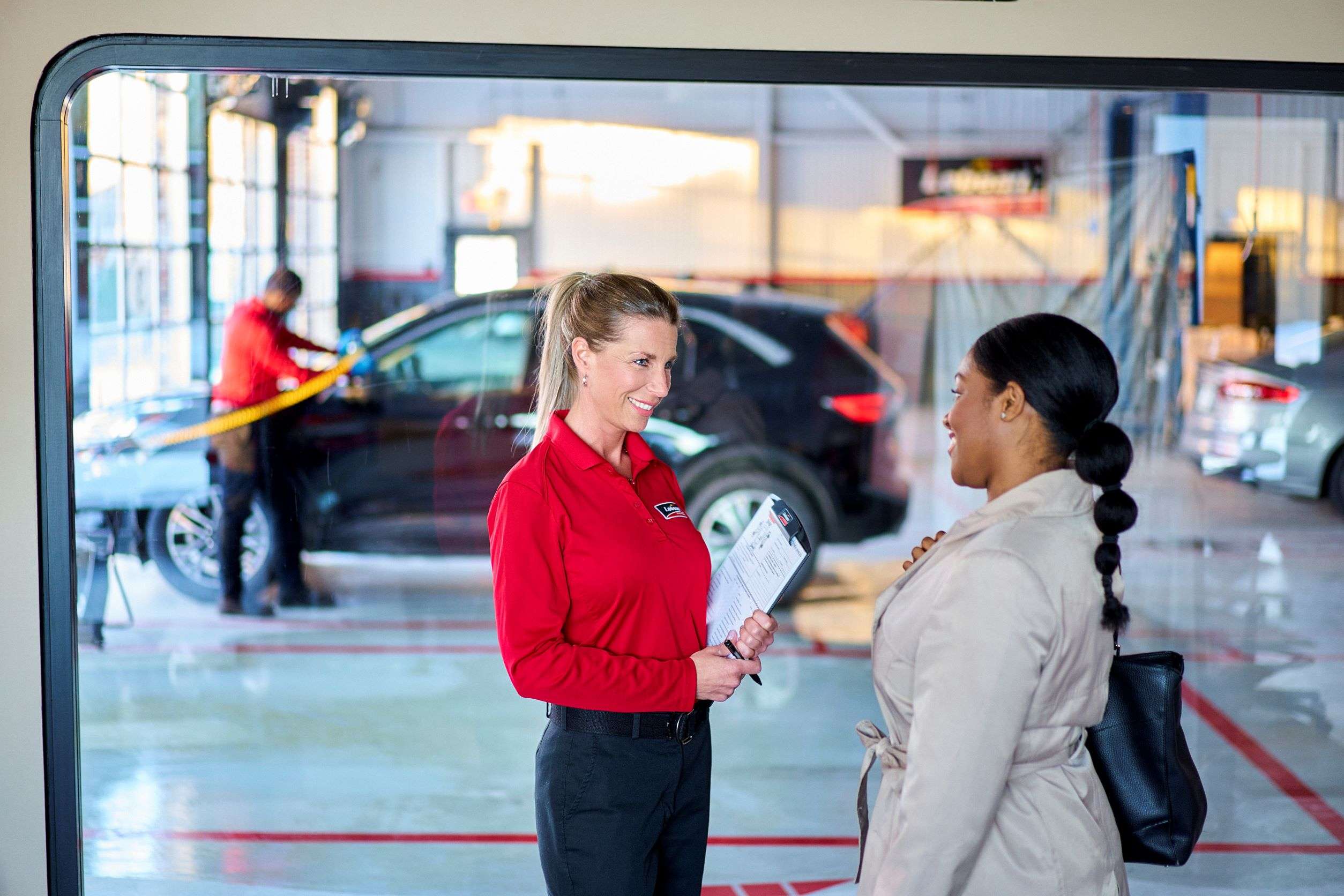
We want Belron to be one of the most sustainable service companies in the world